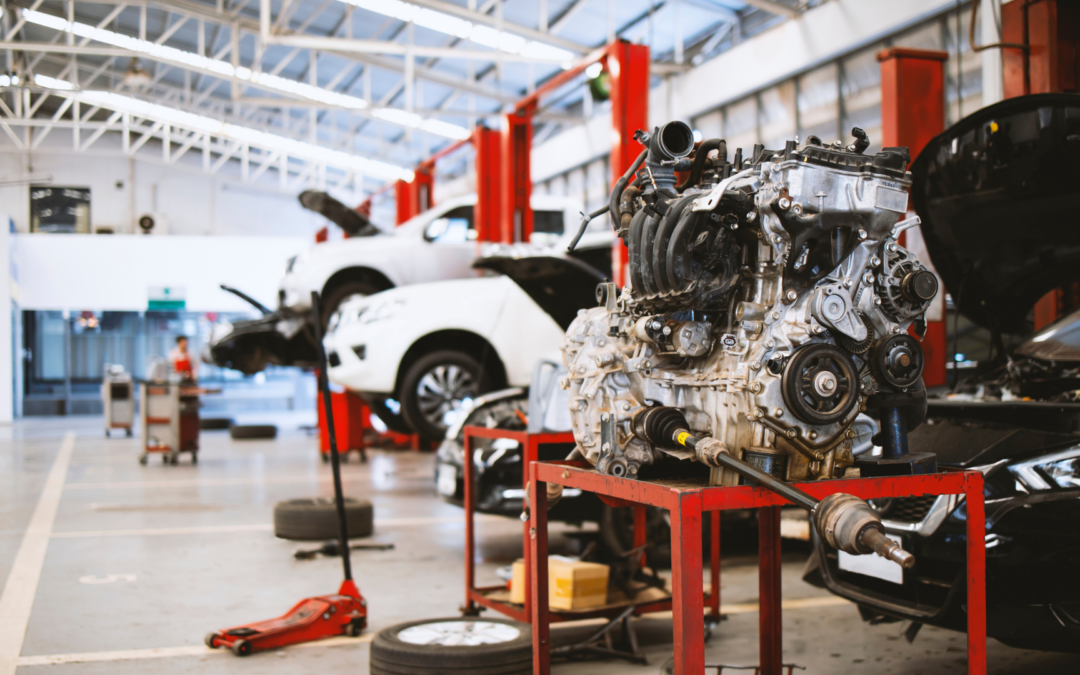Owning a car is a significant investment, not only in terms of the initial purchase but also in terms of ongoing maintenance. Many car owners face a common dilemma: whether to spend money on regular maintenance or risk waiting until a major repair is necessary. At All Around Auto Repair, we understand the importance of informed decisions, and we’ve compiled a detailed cost-benefit analysis that underscores the financial wisdom of regular vehicle maintenance compared to the staggering costs of major repairs due to neglect.
The True Costs of Neglect
Let’s start by examining what could happen if regular maintenance is ignored. Imagine a scenario where basic maintenance tasks such as oil changes, brake inspections, and tire rotations are skipped. Over time, this neglect can lead to severe issues:
– Engine Damage: Failing to change the oil can cause the engine to run less efficiently, and eventually lead to engine failure. Replacing an engine can cost anywhere from $3,000 to $10,000, depending on the vehicle.
– Transmission Failure: Skipping regular fluid checks and changes can lead to a transmission breakdown. Transmission replacements can range from $1,800 to $3,500.
– Braking System: Neglecting brake pads and fluid can lead to damaged rotors or a failed braking system, which not only poses a safety risk but can also lead to costly repairs or replacements, typically costing over $500.
The Benefits of Regular Maintenance
Conversely, investing in regular maintenance can significantly extend the life of these critical components and improve your car’s overall efficiency. Here’s what regular maintenance generally entails and how it can prevent costly repairs:
– Regular Oil Changes: Costing around $25 to $70, regular oil changes ensure that your engine is lubricated and running smoothly, preventing premature wear and tear.
– Tire Rotation and Alignment: For about $50 to $100, you can have your tires rotated and aligned, which helps maintain even tread wear and extends the life of your tires.
– Brake Inspections and Maintenance: At a cost of approximately $100 to $300, regular brake checks can prevent the rotors from warping or failing, significantly cheaper than replacing the entire braking system.
Hypothetical Scenarios: The Cost Comparison
To illustrate the cost benefits of regular maintenance versus major repairs, consider two hypothetical car owners: Bob, who performs regular maintenance, and Jim, who neglects his vehicle until a major repair is needed.
– Scenario 1: Engine Care
– Bob: Spends approximately $120 annually on oil changes (every 3 months).
– Jim: Skips oil changes, leading to engine damage and a replacement cost of $5,000 after five years.
– Scenario 2: Transmission Maintenance
– Bob: Invests in transmission fluid changes every 50,000 miles, costing him about $200 each time.
– Jim: Neglects transmission fluid changes, resulting in a complete transmission rebuild costing $3,000.
– Scenario 3: Braking System
– Bob: Spends $250 every year on brake inspections and minor repairs.
– Jim: Faces a complete brake system overhaul due to neglected maintenance, costing over $800.
In each scenario, Bob spends a fraction of what Jim pays after neglect leads to catastrophic failures. Over time, Bob’s approach not only saves him thousands of dollars but also ensures that his vehicle remains reliable and retains higher resale value.
Why Choose All Around Auto Repair for Regular Maintenance?
At All Around Auto Repair, we offer comprehensive maintenance services designed to keep your vehicle in top condition and prevent expensive repairs. Our experienced technicians use the latest tools and techniques to provide thorough and efficient service, ensuring that small issues are caught before they turn into major problems.
The evidence is clear: regular maintenance is not just about keeping your vehicle running smoothly—it’s about cost-effective management of your automotive investment. By choosing regular check-ups at All Around Auto Repair, you’re not only saving on the potential costs of major repairs but also investing in the longevity and performance of your vehicle. Make the smart choice—let us help you keep your car in prime condition while keeping your expenses in check.


